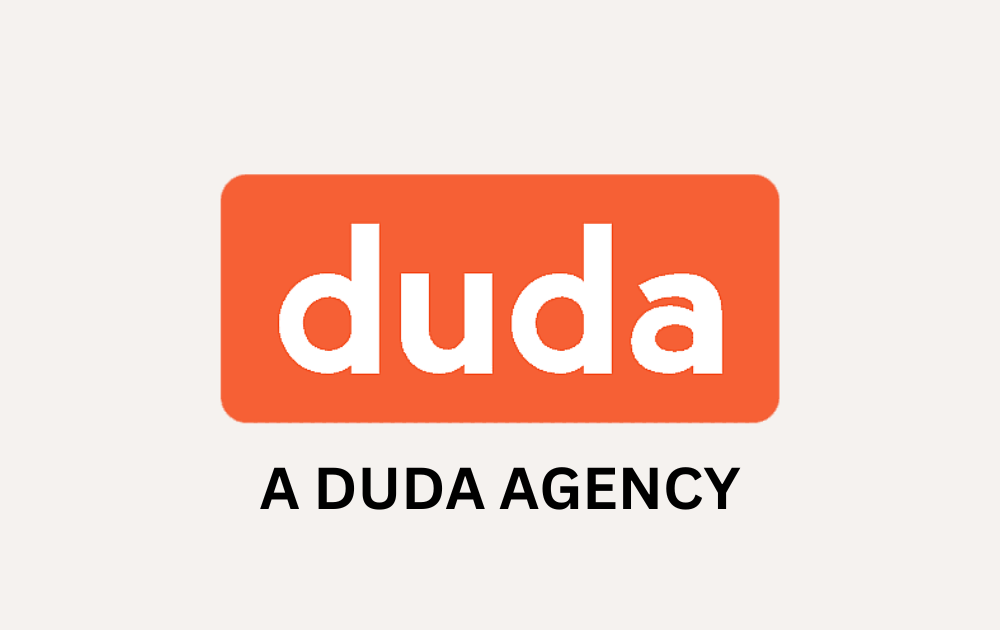
Sometimes, people ask me for help with their websites after using Wix or Weebly to make them. Here's the thing: Wix makes it super easy to create a nice-looking website, but it also makes it really easy to end up with a website that performs poorly.
READ ON TO FIND OUT HOW A POOR PERFORMING WEBSITE CAN COST THIS BUSINESS £411,424 IN LOST REVENUE
So, why exactly is it a downside if Wix makes website building a breeze? Well, here's the scoop: approaching website creation as a walk in the park sets you up for failure from the get-go.
Just like when my car breaks down, I don't attempt to fix it myself—I leave it to the experts at the garage. I'm no mechanic, and I don't pretend to be one.
So why should you play the role of a website developer, or entrust it to an enthusiastic amateur, when the success of your business hinges on your website?
If whipping up a functional website were as simple as pie, there wouldn't be a plethora of blog posts tackling topics like search engine optimisation (SEO), content structuring, reputation management (both on and off-site), and conversion optimisation.
In my humble opinion, many companies, especially small to medium ones, don't give their website briefs the attention they deserve. Often, it boils down to not knowing what questions to ask or the web agencies failing to dig deep with the right inquiries.
But here's the deal: business owners shouldn't feel pressured to have all the answers. Your forte lies in your business, and you should be able to rely on your web developer to ask the pertinent questions.

Wix lets you whip up a webpage and publish it. But take a moment to think, and figure out what your business really needs for its online presence.
When it comes to building a website that truly works for your business, there's a lot more to consider than just inserting some content and hitting publish. You need to think about how your content will be structured, what size images you upload, the titles for each page, the header text, and even the calls to action that pop up in search engine results (SERPs).
But wait, there's more! You also need to make sure you've got some online tracking in place so you can keep tabs on how your site is performing. Implementing essential Google tools can give you valuable insights that may shape your marketing strategies.
It's surprising how often even the big spenders miss the mark. I've come across pricey websites that don't even have Google Analytics installed—a pretty fundamental oversight, wouldn't you say? And then there are those who opt for the bargain-basement route, shelling out a mere £100 to some random overseas company for their website. But what's the real cost of that "cheap" website? It's likely costing them thousands in lost business. Let's break it down with a little example further on.

Here is why building a website shouldn't be 'easy'. What looks good doesn’t necessarily perform well.
Wix is all about making website design feel as simple as putting together a brochure, but here's the kicker: what you see isn't necessarily what Google sees. Sure, Google cares about user experience, like how mobile-friendly your site is and what your content is like, but there's more to it.
Google is also checking out your page titles and how they're laid out. It's pretty basic stuff, but believe it or not, some Wix websites don't bother with this, even though Wix offers SEO settings for pages.
It's easy to get swept up in the excitement of launching your shiny new website and broadcasting it to the world. But here's the reality check: just because you're shouting from the rooftops doesn't mean Google is listening.
You've got to understand the nitty-gritty stuff that goes into your online presence—things like SEO, page structure, keyword research and density, reviews, perhaps even a few off-site business listings.
According to a recent chart from specialist company MOZ, your website is just one piece of the puzzle. You've also got to consider all the above and more. Without all of these elements, your customers might not find you, leaving your pretty Wix website falling short of expectations.
I've come across briefs and quotes that overlook the basic functionalities a company needs, often treating SEO as an "optional extra." But let me tell you, it's far from optional—it's essential. Sometimes, implementing simple SEO steps can make a world of difference in your online visibility.

The largest cost of using Wix for many businesses is the one you're not considering.
The true expense lies in websites constructed by individuals who may lack insight into what truly drives website success. Consequently, these sites struggle to gain visibility or operate effectively, potentially resulting in lost business opportunities.
Consider the plight of a garage owner who, several years back, opted for a budget website. This site languished in obscurity until a new, optimised website, coupled with good SEO optimisation, local SEO efforts, a good reputation management system and offsite business listings, breathed new life into his online presence.
If we hypothetically envision that he built his initial site using Wix, neglecting crucial elements of search engine visibility, the following represents a conservative estimate of the revenue lost:
Let's assume:
Average workshop job: £250
New website generates one job per week: 52 x £250= £13,000 per year
The old website remained live for 4 years: 4 x £13,000 = £52,000
Thus, this budget website has potentially cost him a staggering £52,000 in missed revenue over the span of 4 years.
In 2021, the average car repair bill in the UK stood at £395.60. Now, if we take a moment to ponder, it's quite reasonable to assume that more than one repair job per week is snagged solely because of being discoverable online.
But let's not stop there. Think about the continuous stream of customer value through routine servicing, road fitness tests, and other services. Suddenly, that seemingly low-cost website reveals its true toll, potentially costing the business far more than its initial price tag suggests.
Consider this: 5 customers per week, each generating £395.60, over the span of 4 years, accumulates to a staggering £411,424 in lost revenue attributable to a poorly performing website. And that's not even factoring in the additional earnings from value-added upsells.

SUMMARY - CAN YOU AFFORD TO LOSE £411,424 IN YOUR BUSINESS?
Platforms like Wix can make it seem you're the proud owner of a stellar website when, truth be told, it might not be up to code.
Remember: Websites aren't just digital brochures. Treating them as such is a surefire way to miss out on their potential.
To truly make your website work for your business it needs to be more than just a pretty face. It's your online storefront, your virtual handshake with the world. And getting it right requires both time and money.
Now, here's a sobering question: Can you afford to wave goodbye to £411,424 in potential business?
If you're nodding your head or even hesitating a bit, it might be time to reach out. Whether you're seeking unbiased guidance on your website strategy or craving a thorough check-up on your online presence, don't hesitate to book a discovery call with Moose Digital Media. We've got your back.
The future of web design is here – embrace it with
Moose
Digital Media









